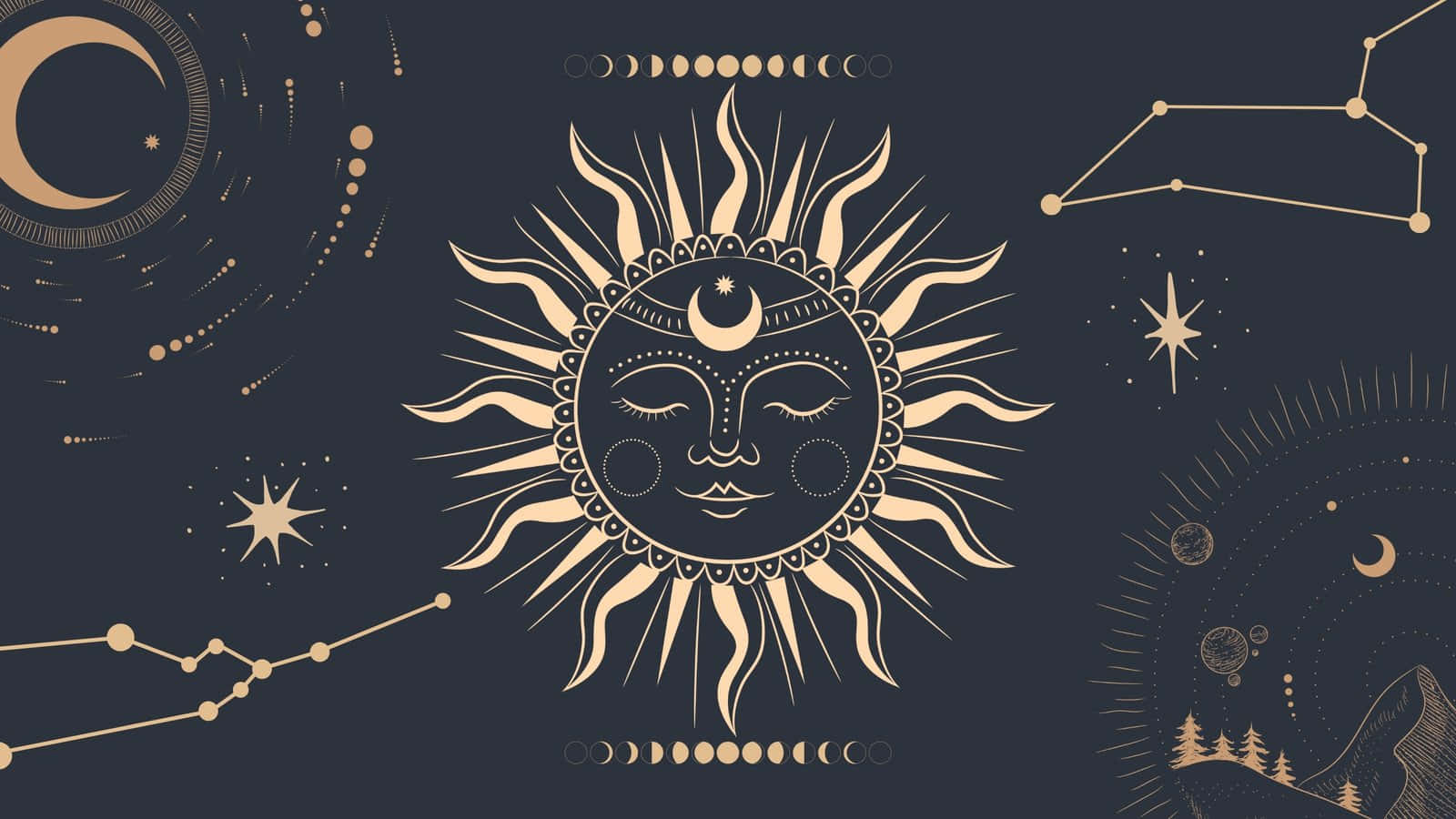
FAQ About Astrology
Astrology
2 years ago | gizem
How are the planets interpreted in astrology?
In astrology, the planets are key celestial bodies that hold symbolic and interpretive significance. They represent different energies, archetypes, and aspects of human experience. The interpretation of planets in astrology involves understanding their positions in the zodiac signs, the aspects they form with other planets, and their placement in the houses of a birth chart. Here's a brief overview of how the planets are interpreted in astrology:
- Sun: The Sun represents the core essence of an individual, their identity, and self-expression. It signifies vitality, ego, creativity, and the conscious self. The Sun's placement in the birth chart indicates the dominant qualities and aspirations of an individual.
- Moon: The Moon represents emotions, instincts, intuition, and the subconscious mind. It reflects one's emotional needs, nurturing tendencies, and how they respond emotionally to situations. The Moon's placement in the birth chart indicates an individual's emotional nature and their need for security and comfort.
- Mercury: Mercury represents communication, intellect, learning, and rational thinking. It relates to how individuals process information, express themselves verbally, and engage in mental activities. Mercury's placement in the birth chart indicates one's communication style, learning abilities, and intellectual pursuits.
- Venus: Venus represents love, beauty, relationships, harmony, and aesthetic sensibilities. It relates to romantic partnerships, social connections, and values. Venus indicates one's approach to love, attraction, and the type of relationships they seek. It also reflects their artistic inclinations and appreciation for beauty.
- Mars: Mars represents energy, drive, ambition, assertion, and the desire for action. It relates to passion, physical strength, courage, and the pursuit of goals. Mars indicates one's assertiveness, competitive nature, and how they channel their energy and desires.
- Jupiter: Jupiter represents expansion, growth, wisdom, abundance, and higher knowledge. It relates to opportunities, luck, beliefs, and moral values. Jupiter indicates one's sense of purpose, optimism, and their approach to personal and spiritual growth.
- Saturn: Saturn represents discipline, responsibility, structure, limitations, and life lessons. It relates to self-control, maturity, and the need for boundaries. Saturn indicates one's ability to persevere, handle challenges, and achieve long-term goals. It also reflects one's sense of duty and the areas where they may encounter obstacles.
- Uranus: Uranus represents individuality, innovation, change, and rebellion. It relates to originality, independence, and the desire for freedom. Uranus indicates one's capacity for invention, unconventional thinking, and the areas of life where they seek liberation and personal growth.
- Neptune: Neptune represents dreams, imagination, intuition, spirituality, and the transcendent realms. It relates to creativity, idealism, and the dissolution of boundaries. Neptune indicates one's connection to the unseen, artistic talents, and the areas of life where they seek inspiration and transcendence.
- Pluto: Pluto represents transformation, power, regeneration, and the depths of the subconscious mind. It relates to personal growth, intensity, and the process of letting go and rebuilding. Pluto indicates one's ability to undergo profound transformations and the areas of life where they seek empowerment and inner strength.
